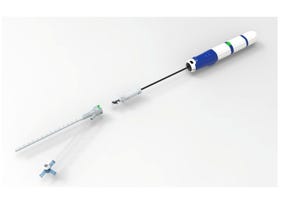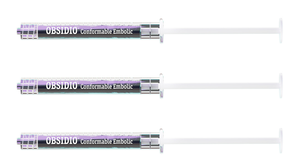The Madison, WI-based company said its test can identify metabolic subtypes associated with the Autism Spectrum and can be used to screen children as young as 18 months.
November 1, 2018

NeuroPointDx is launching a blood plasma-based test that might be able to give a clearer picture of the prevalence of autism in children. The Madison, WI-based company said the NPDX AA Test, identifies metabolic subtypes associated with the autism spectrum disorder (ASD) and can be used to screen children as young as 18 months.
The test detects amine imbalances in the blood plasma of children with very precise thresholds that were identified and validated based on patient samples from the Children’s Autism Metabolome Project (CAMP), a 1,100-subject study, the largest one to date focused on the metabolism of children with ASD. These imbalances, detected in about 30% of children with ASD, are not identified by other currently available metabolic tests.
The company said children who receive a positive result on the test should be prioritized for further clinical evaluation by a neurodevelopmental specialist. The NPDX AA test also provides metabolic information that may be used by clinicians and physicians to inform a more precise treatment strategy for a child diagnosed with ASD.
The branched-chain amino acid metabotypes (metabolic subtypes) identified by the CAMP study and previously published in Biological Psychiatry account for several of the metabotypes included in the NPDX AA test.
“We are continuing to mine data from the CAMP study to identify and validate additional metabolic subtypes in children with ASD,” Bob Burrier, COO and Vice President of Research & Development at NeuroPointDX said in a release. “Our aim is to further build on the utility of this test to identify a greater percentage of children with additional metabolic subtypes. The metabolic biomarkers we have identified will serve as targets for new therapies ranging from pharmaceuticals to dietary supplements, bringing precision medicine to the diagnosis and treatment of this neurodevelopmental disorder.”
The company said it plans to bring a second test panel to market in 2019. The company is also seeking to identify potential treatments for ASD based on differences in the metabolism of these children.
About the Author(s)
You May Also Like




